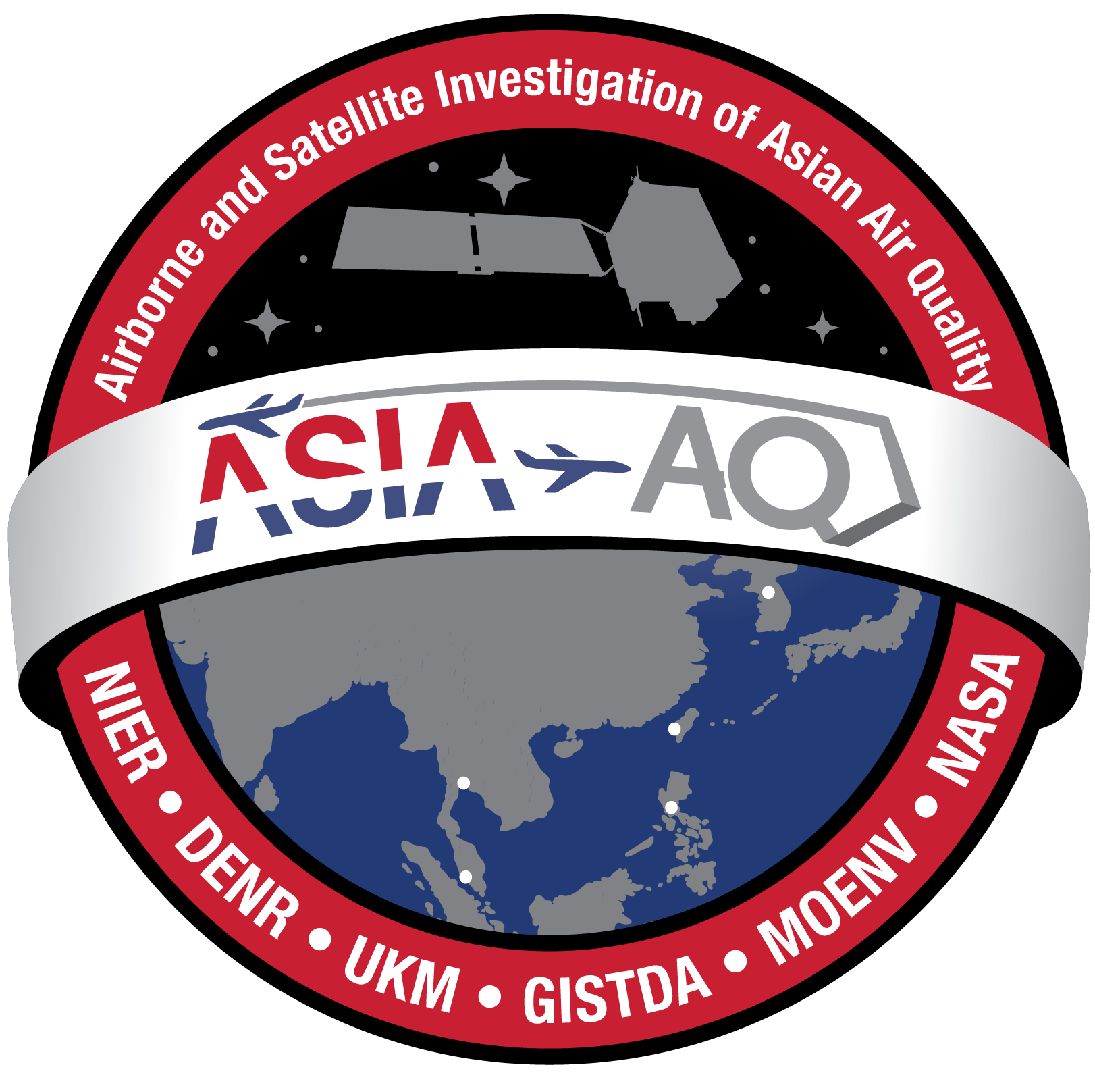Airborne and Satellite Investigation of Asian Air Quality

The Airborne and Satellite Investigation of Asian Air Quality (ASIA-AQ) was an international cooperative field study designed to address local air quality challenges. Conducted from January-March 2024, ASIA-AQ deployed multiple aircraft to collect in situ and remote sensing measurements, along with numerous ground-based observations and modeling assessments. Data was collected over four countries including, the Philippines, Taiwan, South Korea and Thailand and flights were conducted in full partnership with local scientists and environmental agencies responsible for air quality monitoring and assessment. One of the primary goals of ASIA-AQ was to contribute improving integration of satellite observations with existing air quality ground monitoring and modeling efforts across Asia. Air quality observations from satellites are evolving with new capabilities from South Korea’s Geostationary Environment Monitoring Spectrometer (GEMS), which conducts hourly measurements to provide a new view of air quality conditions from space that complements and depends upon ground-based monitoring efforts of countries in its field of view. ASIA-AQ science goals focused on satellite validation and interpretation, emissions quantification and verification, model evaluation, aerosol chemistry, and ozone chemistry.
Data coming soon!